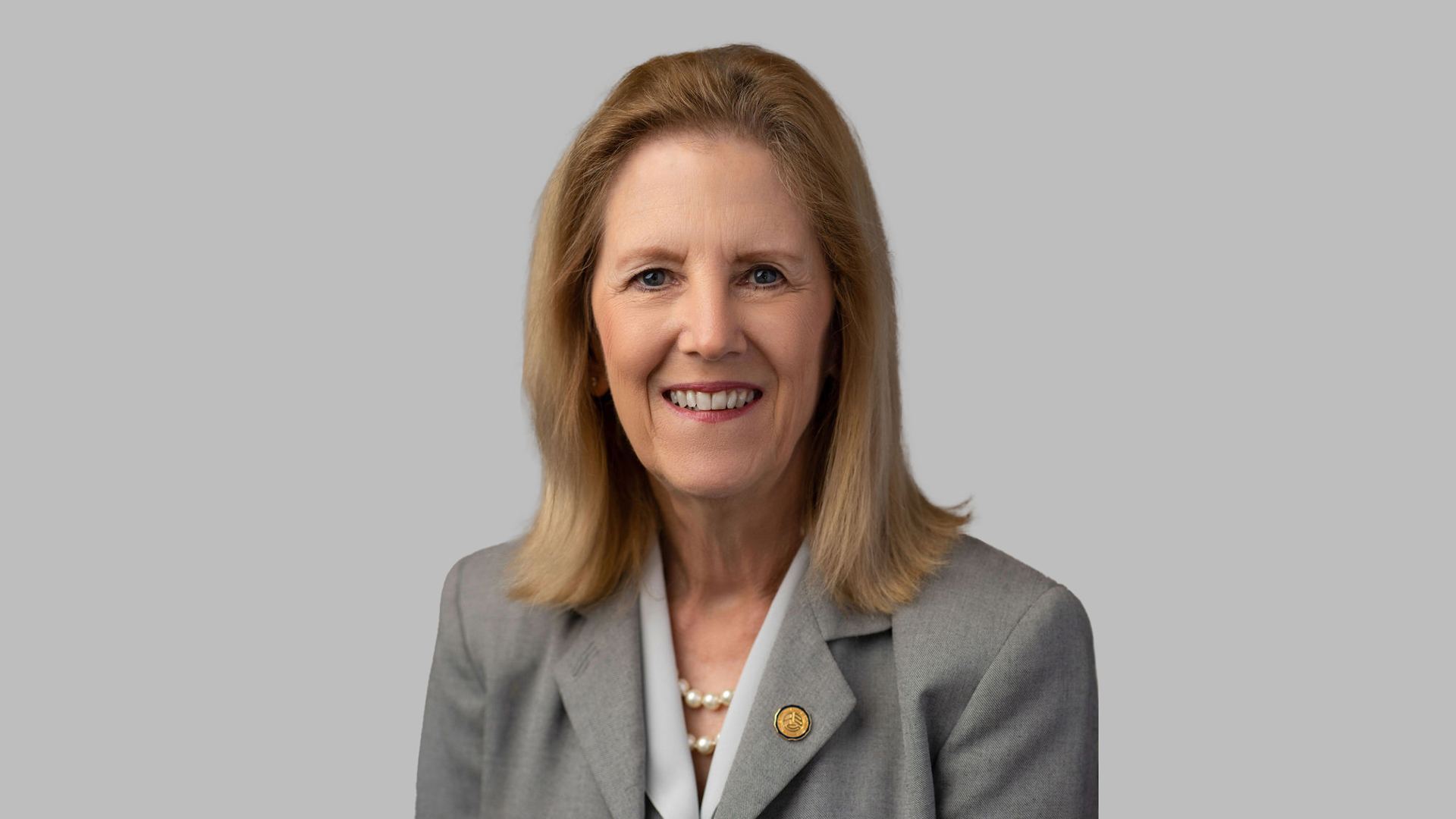The ACS is dedicated to improving patient care and supports numerous programs that promote quality care.
Many of these programs have standards for accreditation along with guidelines that must be met for a center to be designated by the ACS. Given the vast experience accrued by the ACS over multiple decades of setting standards and verifying individual hospital programs across the country, as well as the continued changes to managing disease processes, the standards are edited and streamlined as needed.
The standards follow a similar theme across the spectrum, starting with institutional administrative commitment, program scope, and governance, and then moving onto resources (i.e., facilities, equipment, personnel, services), followed by patient care standards and data surveillance. Standards pertaining to quality improvement (QI), education, and research complete the spectrum.
While there may be variations depending on the individual verification programs, the approach is similar—to make it easy for hospitals, administrators, physicians, quality personnel, site reviewers, ACS staff, and others to be on the same proverbial page in terms of how this information is developed and presented.
Such homogeneity within the standards eliminates confusion and elucidates what is expected of these programs when a site review is conducted. It is duly important to point out that institutional administrative commitment is at the beginning of each of the standards manuals. Without support from the leaders at the top of the institution, it is widely recognized that none of the Quality Programs will succeed.
QI Project Promotes Smoking Assessment in Cancer Treatment
Among the most recent initiatives from the ACS Cancer Programs are Just ASK and Beyond ASK. The Just ASK initiative was an elective QI project open to all Commission on Cancer (CoC)- and National Accreditation Program for Breast Centers (NAPBC)-accredited programs, using existing resources to address smoking in newly diagnosed cancer patients.1
Essentially, the project focused on asking all newly diagnosed cancer patients about their smoking status, with the aim of integrating smoking assessment as part of treatment for cancer patients. For the purpose of the Just ASK QI initiative, use of combustible cigarettes and other smoked tobacco products, such as cigars and pipes, were included whereas e-cigarettes and smokeless tobacco were excluded. Participation in the Just ASK initiative and completion of the clinical research study fulfilled CoC or NAPBC standards. Programs that had applied for CoC or NAPBC accreditation also were able to participate in this initiative.2
The Beyond ASK program is a year-long QI initiative that is focused on advising and assisting newly diagnosed cancer patients on smoking cessation.3 The project aims to offer cessation assistance to newly diagnosed patients who report combustible tobacco use.
Through this project, surgeons advise patients on the harmful effects of smoking and how that impacts cancer treatment as well as how smoking cessation can improve survival. Other components of the initiative are assisting patients with quitting smoking by counseling and medication and referring and/or connecting patients with institutional or community-based resources and smoking cessation quit lines.3 Participation in this initiative also helps programs meet CoC or NAPBC standards.










